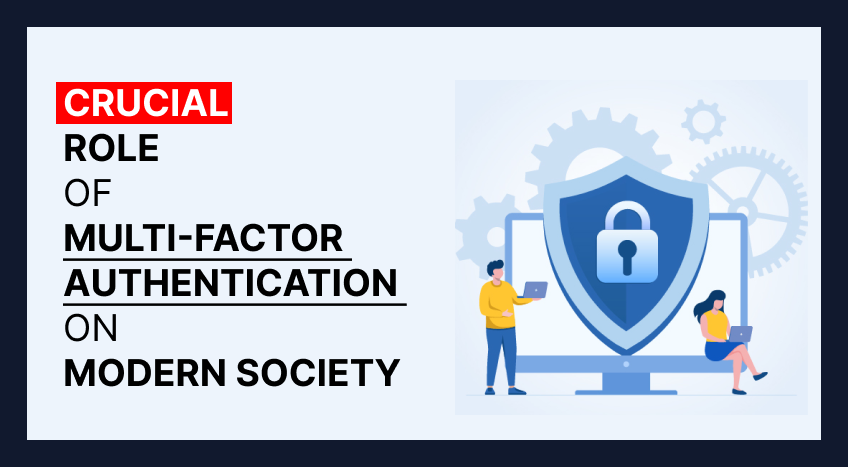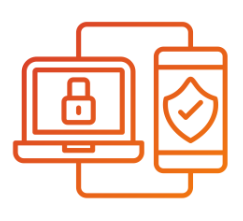- June 14, 2024
- Posted by: Bikash Sharma
- Category: Awareness

The Crucial Role of Multifactor Authentication (MFA) in Modern Security
In today’s digital age, cybersecurity is more critical than ever. With cyber threats constantly evolving, protecting sensitive information has become a top priority for individuals and organizations alike. One of the most effective tools in this arsenal is Multifactor Authentication (MFA). Unlike traditional passwords, MFA requires users to provide multiple verification factors to gain access to their accounts or systems. This blog explores why MFA is indispensable in enhancing security, mitigating risks, and ensuring compliance across various industries.

Why MFA Matters:
Enhanced Security:
Passwords alone are no longer sufficient to protect against sophisticated cyber threats. MFA adds an extra layer of security by requiring users to authenticate using multiple factors such as passwords, biometrics, or tokens. This significantly reduces the risk of unauthorized access, even if one factor is compromised.
Protection Against Data Breaches:
Data breaches can have devastating consequences, including financial losses and reputational damage. MFA helps mitigate these risks by making it harder for cybercriminals to gain access to sensitive information, even if they manage to obtain login credentials through phishing or other attacks.
Regulatory Compliance:
Many industries, including healthcare, finance, and government sectors, have regulatory requirements mandating the use of MFA to protect customer data and maintain compliance with standards like HIPAA and PCI DSS. Implementing MFA not only helps organizations avoid hefty fines but also builds trust with customers and stakeholders.
Cost-Effective Security Measure:
While implementing MFA involves initial setup costs, the long-term benefits outweigh the investment. The potential costs associated with a data breach—such as legal fees, loss of intellectual property, and damage to reputation—are far greater than the costs of implementing and maintaining MFA.
User Convenience:
Modern MFA solutions are designed with user experience in mind, offering various authentication methods such as push notifications, SMS codes, or biometric scans. This flexibility allows organizations to enhance security without compromising user convenience or productivity.
Future-Proofing Security:
Cyber threats continue to evolve, making proactive security measures like MFA essential for safeguarding sensitive information. By adopting MFA, organizations can stay ahead of emerging threats and ensure their security posture remains robust in an increasingly interconnected world.
![]()
Implementation Considerations:
- Integration: Ensure seamless integration of MFA with existing systems and applications to minimize disruption and maximize effectiveness.
- User Education: Educate users about the importance of MFA, how to use it effectively, and its role in protecting sensitive information.
- Scalability: Choose MFA solutions that can scale with organizational growth and adapt to evolving security needs over time.
- Monitoring and Management: Implement robust monitoring and management practices to detect and respond to potential security incidents promptly.
Conclusion:
Multifactor authentication is not just a security best practice—it’s a necessity in today’s digital landscape. By implementing MFA, organizations can significantly enhance their security posture, protect sensitive data, comply with regulatory requirements, and build trust with customers and stakeholders. As cyber threats continue to evolve, investing in MFA is essential for mitigating risks and ensuring long-term resilience in an increasingly interconnected world.
For Expert Security Solutions:
If you have any queries, require penetration testing, or need tailored security solutions, look no further than Cynical Technology. With our expertise and commitment to cybersecurity excellence, we partner with you to safeguard your digital assets effectively. Visit Cynical Technology’s website to learn more about our comprehensive security services.
